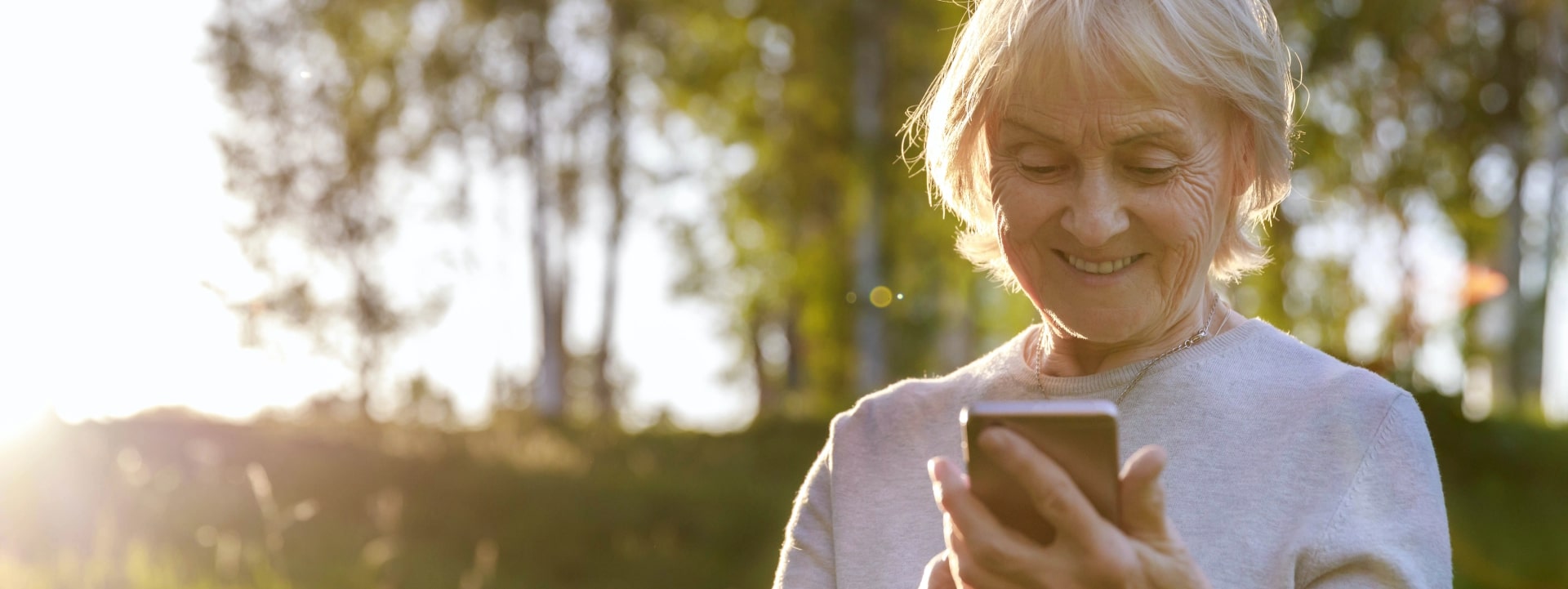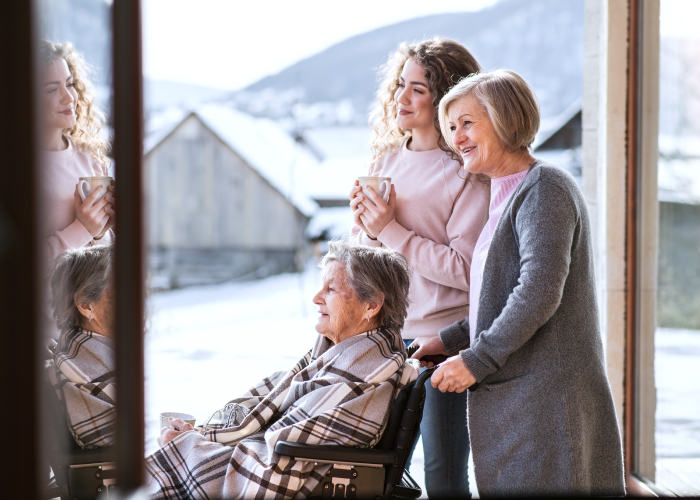

By the year 2060, it’s projected that there will be 98.2 million people over the age of 65 in the United States. Also, 19.7 million are going to be over the age of 85.
There’s no question that the number of seniors in the country is growing. What many people don’t realize is all the potential problems that this population is at risk for.
A serious, yet often overlooked, issue for seniors is cold weather. The fact is, cold temperatures along with dangerous ice and snow can terrorize the elderly during the winter months.
Getting to know some of the most common dangers related to seniors and cold weather can be found here. Also, you can learn how to safeguard your loved ones and help to keep them from harm.
Keep reading to learn more.
Every year, approximately half of all Americans who pass away due to hypothermia are over the age of 65. Those in this age group are especially susceptible to becoming extremely cold because they don’t have as much fat on their body, have a more sluggish metabolism, and have slower circulation.
What you may not realize is that seniors may even become hypothermic while indoors. Due to this, the thermostat in their home should not ever be set under 65 degrees for any senior who is over the age of 75.
If you want to protect your loved one from hypothermia, the best thing you can do is ensure they are properly dressed when going outdoors. Also, ensure they have access to blankets and heaters when inside.
In addition to being at risk for hypothermia, seniors are also prone to becoming dehydrated. This is usually due to them eating and drinking less than people who are younger.
Also, most people don’t feel as thirsty during the winter months. As a result, seniors don’t drink enough water throughout the day, leading to serious cases of dehydration.
In addition to just feeling better and avoiding dehydration, seniors who drink enough water experience fewer falls, a reduced risk of bladder cancer, and less constipation. Without enough water, dehydration can cause slower wound healing, kidney failure, confusion, and urinary tract infections.
The key is to ensure your senior loved one is drinking plenty of water. A general rule of thumb to stick to is eight to nine cups for women and 11 to 13 cups for men.
Sidewalks that are covered with ice and snow present a serious falling risk for elderly people. A fall can result in broken bones, serious bruising, and other ambulatory issues.
A fall for anyone can be dangerous, but for the elderly, it is especially problematic.
If you want to avoid falls for your senior loved ones, then it is a good idea to keep them indoors when it is snowy or icy outside. You can also make sure to salt or shovel sidewalks and driveways.
If the senior has a caregiver, ask that person to bring in the mail and pick up groceries. If your elderly loved one must venture outside, make sure they wear boots or shoes with a non-skid sole. You can also have handrails installed along walkways and on outside walls.
Make sure the rubber tips on canes and walkers are intact and that they are not completely worn smooth.
Winter storms can be rough. They can knock out the power and result in seniors having to stay in their home.
This can be a scary time for your senior loved one, especially if you are unable to get to them. If they aren’t properly prepared, they may face serious health and wellness issues.
It’s a good idea to make sure that your senior loved one has a disaster kit on hand to help them get through these challenging times. Every kit should include plenty of water and food for at least several days.
The general rule of thumb is to have three gallons of water on hand, per person, per day. You also need to ensure they have enough medication, a weather radio, flashlight, additional batteries, and first-aid essentials.
Vitamin D is an important vitamin for everyone, but especially seniors. If your senior loved one becomes vitamin D deficient it can lead to a number of issues.
Vitamin D is linked directly to bone health, diabetes prevention, incontinence prevention, and cancer prevention.
You need to make sure that your senior is eating plenty of foods that are fortified with vitamin D. This is the safest way for them to avoid this type of deficit.
There are certain types of yogurt, juice, and milk that contain extra doses of the vitamin. The best part is, this won’t be too much where there is a hazard for the elderly individual.
This is a condition that occurs in seniors and often called SAD. It can affect their emotional health and well-being.
Some of the signs of SAD in your senior loved one include an increased feeling of tiredness or lethargy, increased appetite, and a loss of energy.
If you notice these symptoms, then the best thing you can do is speak with your senior loved one’s doctor. They can offer information for effective treatments.
There is no question that there are a number of issues that can arise with the elderly during cold weather. If you want to help keep your loved ones happy and healthy, then be sure to keep the information here in mind.
If you found the information here helpful, or want more information about caring for your senior loved ones, contact us.
Provide your information below to contact us about creating comfort and care for you.